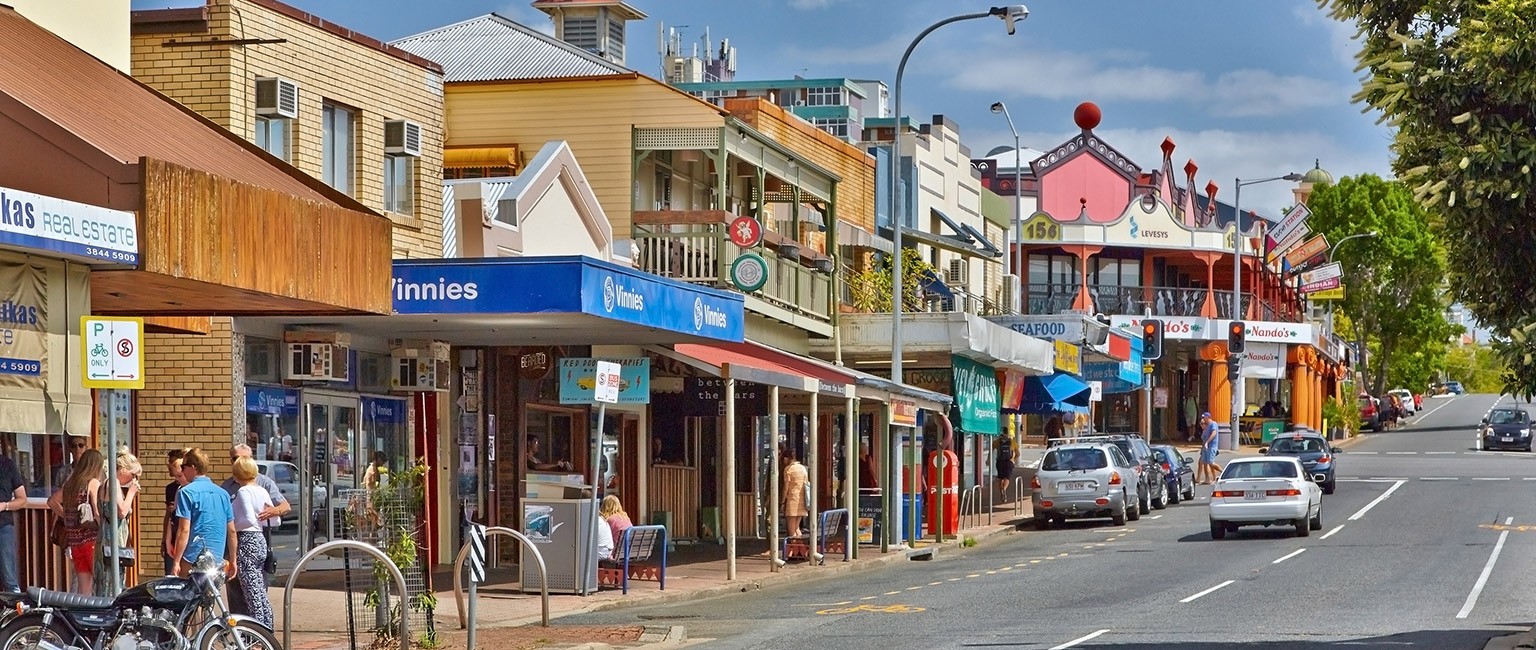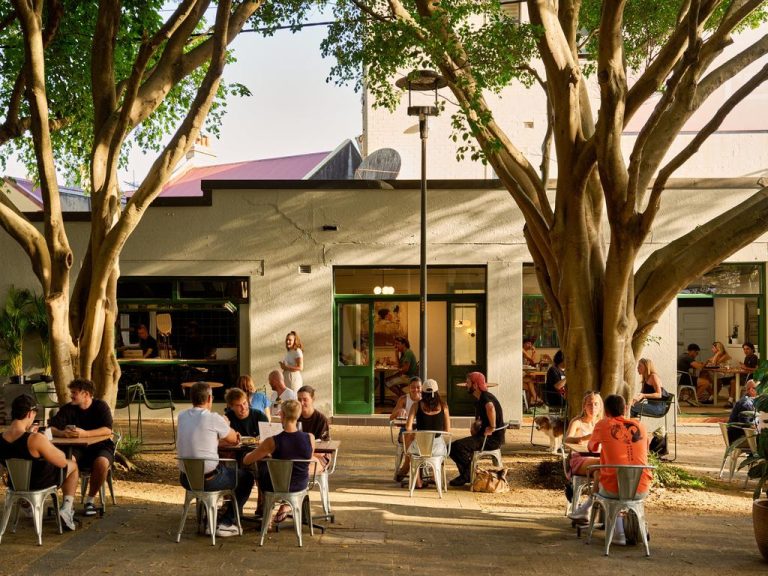How to: Choose the right building for your business

Different buildings suit different purposes.
Finding the right premises for your business – whether it’s in a shopping mall, strip shopping centre, CBD office block or an office in the middle suburbs – and where it’s located always comes down to the kind of business you have.
James Reeves. Associate Director at LJ Hooker Commercial, says business owners looking for a location need to ask themselves some basic questions:
- What kind of business is it?
- Do you need exposure?
- Do people come to your office or do you go out to see them?
- How many people do you employ?
- What are your growth plans?
“If you do business all over the Internet, and let’s say you are an eBay trader, all you really need is good Internet connection and you set up third party logistics contracts with warehouses near the port, you don’t even need a warehouse,’’ Reeves says. “It ships straight from the container straight to the customer’s door. You can sit at home or in an office space near your home.”

The LJ Hooker office at Broadwater is north facing with lots of natural light
He says the money these sorts of companies spend would be better allocated if they located themselves in a business park where it’s cheaper. They could invest the rest in their website and marketing.
“You can still get lots of amenity but pay less rent and therefore put that extra money in your cash flow into marketing and growing your business by improving your web site and doing search engine optimisation and that sort of stuff rather than sit in the city paying $800 a square metre when you can sit in Alexandria or North Ryde for under $400 a square metre,’’ Reeves says.
The other critical part of the equation: How many staff?
“If you are an office space and you have six people you will physically not be able to house those people in anything less than 80 square metres,’’ Reeves says. “You will need to allow 15 square metres per person as a rough rule of thumb.”
Growth potential is also important when it comes to assessing a property. Simply put, there has to be enough space for expansion. You need to know in advance how many people you have. That then impacts on your growth plans.
“Realistically, look at your business,’’ Reeves says. “Are you likely to grow in the next 12 months to two years?
“You are going to sign a lease for three years so there’s no point getting 80 square metres and six people if you’re going to put four people on next time you win a project and you’re an IT company and you need people on the ground right now.
“You need to figure out how many people you have now, how many people you need and if you’re likely to grow or not.
Accessibility is another issue, particularly with the expense of car parking.
“You need to be able to get your staff to and from the premises,’’ he says. “That means you need to accommodate yourself near public transport or as close as possible. Train stations are preferential for most people but a lot of people think bus routes are good as well.”
He says many businesses relocate to the middle suburbs where the rent is cheaper and which are still hubbubs of activity.
It can be a good thing not to be in the CBD, as long as there’s infrastructure.
Location, location: Why accessibility matters to your business
“They are proving popular for small businesses because there are a lot of people who live out past those suburbs who don’t want to drive into the CBD or close by the CBD to go to work so it’s handy for people,’’ he says.
“It can be a good thing not to be in the CBD, as long as there is infrastructure, that’s really important.”
For retailers, Hocking Stuart principal George Georgiou says it’s all about pedestrian traffic. That’s important when it comes to choosing your location.
“The more people who pass your shop, the more chance you will get some sales,’’ he says “The fewer people, less sales. Fewer people, cheaper rent.”

Lesley McKay’s Bookshop if a fews steps from main strip Queen Street, in Woollhara NSW
He says shopping malls, with anchor tenants like a Woolworths, Coles or Aldi, would attract a certain kind of business. “Obviously it would be crazy to compete with them but if it could a hairdresser, a serviced business, something that will draw from benefit of having all those people passing by their door on the way. It could be a coffee shop, it could be a bakery that benefits from having high volume traffic.”
Small businesses could benefit from a shopping mall location with anchor tenants like Coles or Woolworths.
“The major shopping centres have more traffic flow and longer trading hours,’’ Georgiou says. “But it costs you money to get in there and the shopping centre management take a percentage of turnover and you pay a large proportion to marketing and outgoings in the shopping centre.”
How to choose the right building? As Reeves and Georgiou say, take a look at the business first and how it makes money. That should provide you the best place to start.







